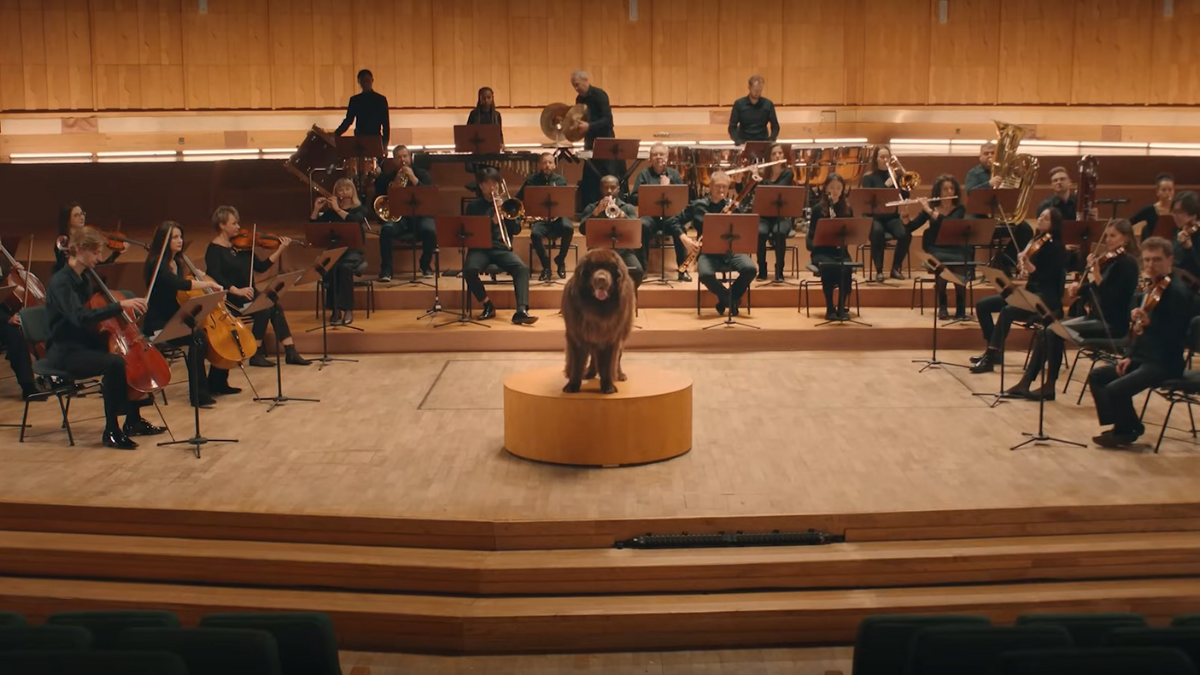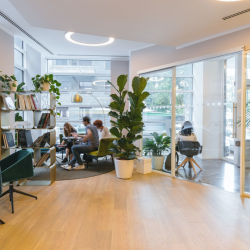‘We are agile.’
‘We welcome flexibility.‘ ‘Let’s make the transition back to normalcy.‘ ‘Please book a slot to come into the office to work as we practise safe-distancing.’ ‘Please try to come into the office 2-3 times a week to foster greater collaboration.‘ ‘You’re required to come into the office at least 3 times a week, otherwise it will affect your performance evaluation.‘
Am I in the minority when I say I loved that the pandemic forced us all to behave like introverts? We had to work from home, we didn’t have to dress up if we didn’t want to, we didn’t even have to show our faces (or… look at faces) if we didn’t want to.
I loved it.
I got to spend more time at home, I got to be more present for my family after my mum’s recent ovarian cancer diagnosis, I got to take better care of my dog, I started a skincare business on the side, I got fitter and I got to force my sexagenarian father to get more active (hint: get your parents an Apple Watch, especially if they’re hyper competitive and won’t be able to sleep without closing all their rings).
And none of that impacted my ability to perform at work. I won 4 out of 6 pitches, I got closer to my colleagues (remotely) and I discovered a love for new business.
When our Prime Minister announced that our ‘circuit breaker’ in Singapore (our version of a lockdown) ‘unfortunately’ had to be extended, I was probably one of 5 people in the country who whooped in delight. Yet, the moment borders were reopened (an indication that BAU was back, baby) suddenly employees were distrusted, unless they physically appeared in the office.
From people talking about how grateful they were for WFH, we suddenly got an influx of articles of people celebrating the return to the office. We read about business leaders asserting the importance of ‘collaboration’ and ‘company culture’ as the need to return to the office.
Company culture? What sort of culture are you creating by starting off with the distrust of remote employees?
What happened to business leaders saying that they want their employees to be able to ‘work from anywhere’? What happened to people saying that WFH allowed them to actually lead more balanced lives and leaders championing that? That happier employees are better employees?
Is this a secret plot by the corporate world to douse us in misery, just like how they did so with the farcical ‘open-plan offices are better for collaboration’ ruse?! (It’s not true, it was all done to reduce overhead costs).
So, once again, the extroverted traits are favoured over the introverted ones. Once again, you’ll be rewarded for how visible you are over the quality of your actual work. That is where the lack of equilibrium comes into play, in the post-pandemic world. It’s the perfect narrative for what has gone on in the corporate world, especially advertising, pre-pandemic; where the loudest are almost always the most lauded.
The pandemic created a type of reprieve from the unnecessary noise
We were forced to produce quality and smarts over everything else, in dealing with such an unprecedented event. Now that the pandemic is declared over, we’ve completely swung back to the old ways — and not for the better. Parents who felt like they were finally able to balance both work and life now have to struggle again. Those with anxiety, depression or other mental health struggles who felt like they could finally deliver quality work in a timely manner from the sanctuary of their homes now have to grapple with it all over again.
Those who realised that they were finally able to follow the ethos of ‘let your 9-5 allow you to lead the life you want’ by having part-time gigs or freelance weekend jobs on the side now have to come crashing back down to the sombre reality of their full-time jobs (that more often than not, are a 9-9 or a 9-2am the next day). All because if we don’t make ourselves visible enough for the senior management, our appraisals and jobs may be on the line.
How is that a balanced assessment of quality? Or a balanced view of us as human beings, who need to find ways to live, get fresh perspectives and get sufficient rest in order to excel?
In 2020 Goldman Sachs CEO David Soloman proudly declared that 98% of his workforce was remote. ‘When you go through something like this, it forces you to ask questions and think about things differently,’ he said. He also went on to say that even once the pandemic was over, he’d be focused on ‘providing more flexibility to employees, which, by the way, makes this a more attractive place for people to work‘.
That was in 2020, when remote working was great and the ‘future’
In 2021, he began to make his dislike for remote work more apparent by saying ‘This is not ideal for us, and it’s not a new normal. It’s an aberration that we are going to correct as quickly as possible.‘ Today, Goldman Sachs’ David Soloman hates remote work so much that he’s now forced his nearly 50,000 global workforce to return to work 5 days a week. Or how about Google, who made headlines for being one of the first organisations to declare that employees could work remotely indefinitely, only to now be one of the organisations threatening to factor their hybrid work policy into their performance reviews?
While Covid-19 made it seem otherwise, the corporate world is still a cold, heartless place. And these policy reversals may be true proof of that.
I still hope against all hopes that the leaders of our industry, and beyond, will realise that it pays to have a more empathetic view of ways of working. That perhaps empathy is what it takes to be balanced. That kindness, understanding and a lack of judgement is what it’ll take for all of us to lead lives — physically, emotionally and spiritually — that are finally in equilibrium.
Featured image: Windows / Unsplash



































